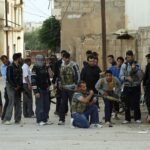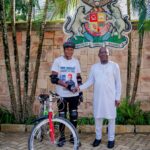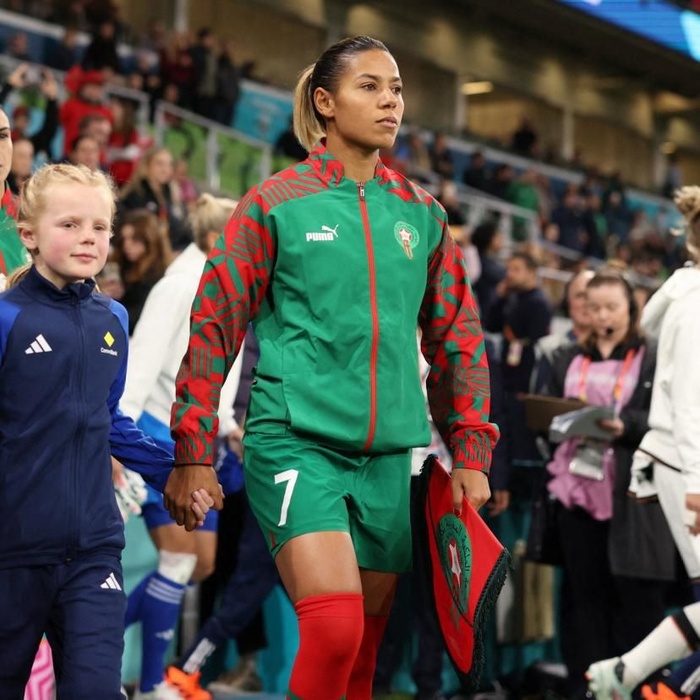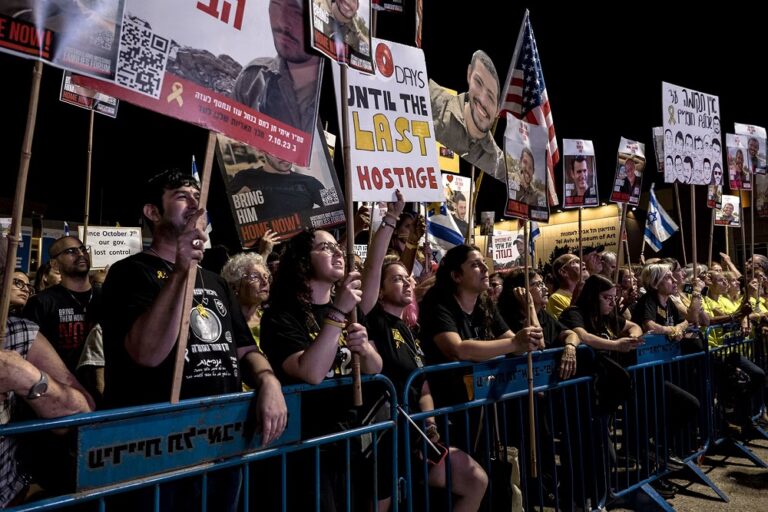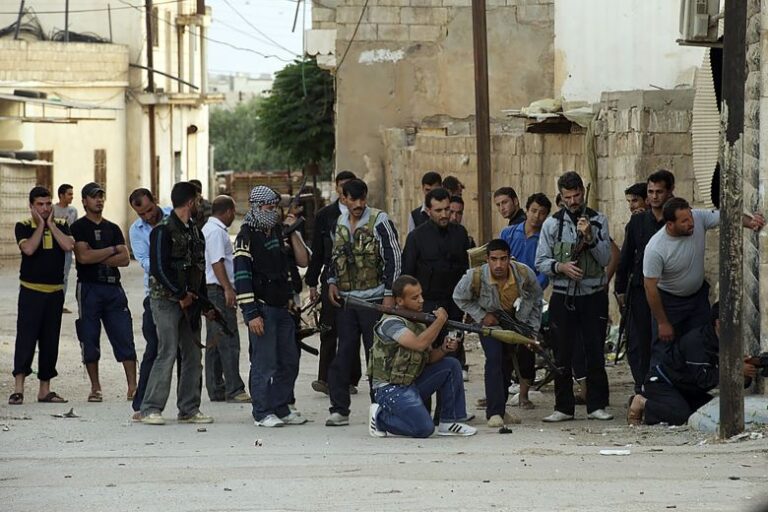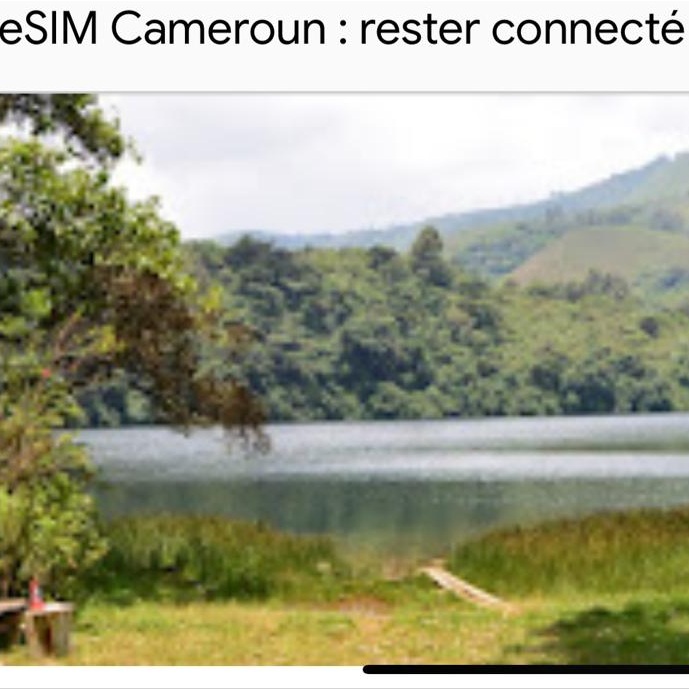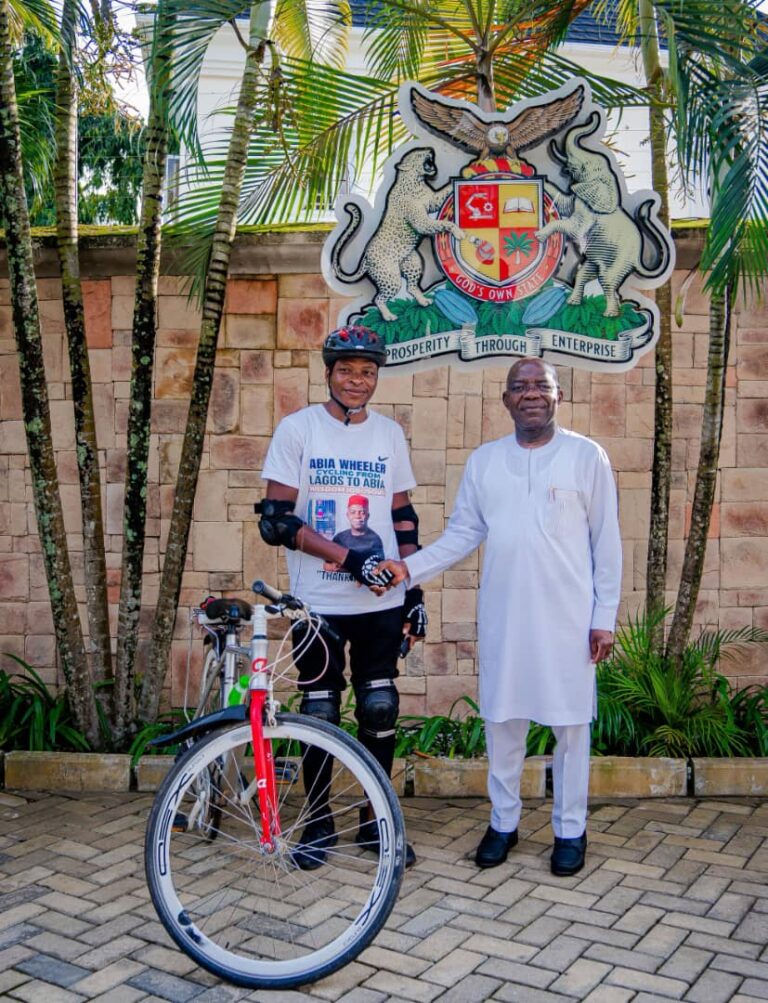
Abidjan, Côte d’Ivoire — The joint ECOWAS–African Union Election Observation Mission has lauded the people of Côte d’Ivoire for the peaceful conduct of the October 25, 2025 presidential election, despite noticeable logistical delays, low voter turnout, and limited representation of opposition agents at polling stations.
By Selma Lomax [email protected]
The mission, which was led by former Nigerian Vice President Professor Yemi Osinbajo, described the exercise as generally transparent, calm, and professionally managed, noting that it reflected the country’s growing commitment to democratic stability after years of political turbulence.
The election, organized under the provisions of the 2016 Constitution and Côte d’Ivoire’s electoral code, featured five candidates approved by the Constitutional Council.
Incumbent President Alassane Ouattara of the ruling Rally of Houphouëtists for Democracy and Peace (RHDP) was declared the winner, securing a renewed mandate amid an atmosphere of relative calm and order. The poll was widely seen as a crucial test of the country’s capacity to conduct credible and violence-free elections following the deep political crises of 2010 and 2020 that shook national unity.
The joint ECOWAS–AU mission deployed a total of 255 observers, including 15 long-term and 240 short-term monitors drawn from 28 African countries. The observers were stationed across all 12 administrative districts as well as the autonomous districts of Abidjan and Yamoussoukro.
The mission’s leadership included senior ECOWAS and AU officials such as Ambassador Abdel-Fatau Musah, ECOWAS Commissioner for Political Affairs, Peace and Security, and Ambassador Bankole Adeoye, AU Commissioner for Political Affairs, Peace and Security. Their mandate was to assess the electoral process comprehensively and to propose recommendations to strengthen future elections in Côte d’Ivoire.
Before the polls, ECOWAS and AU pre-election teams conducted extensive consultations with a wide range of stakeholders, including government officials, the Independent Electoral Commission (CEI), political parties, civil society organizations, the media, and the diplomatic community.
These engagements focused on the readiness of the electoral system, voter education, prevention of hate speech and misinformation, and the promotion of peaceful participation. The missions also examined concerns raised by opposition groups regarding the credibility of the voters’ register and the exclusion of high-profile figures such as former President Laurent Gbagbo and former minister Tidjane Thiam. The Constitutional Council justified the disqualifications based on existing laws, but opposition parties argued that the process lacked inclusivity and transparency.
Despite tensions during the pre-election period, the campaign season, which began on October 10 and ended on October 23, remained largely peaceful. Isolated disturbances were reported, including the burning of a local CEI office in Yamoussoukro and the killing of a gendarme in Agboville. Authorities also recorded the death of a protester during a police operation in Daloa.
Nevertheless, the overall atmosphere remained calm, and security forces maintained professionalism and restraint throughout the campaign and voting period.
On election day, observers visited more than 1,400 polling stations nationwide. Reports showed that about two-thirds of the polling stations opened on time, while one-third faced delays ranging from a few minutes to over an hour.
The mission attributed these delays to logistical setbacks such as late delivery of materials, late arrival of polling officials, and minor technical malfunctions involving biometric verification devices. In some areas, like Gagnoa, voters experienced confusion due to the last-minute relocation of polling centres without prior notice.
The mission noted that polling agents representing President Ouattara were present in nearly all stations observed, while representatives of other candidates — Jean-Louis Billon, Simone Gbagbo, Henriette Lagou, and Ahoua Don Mello — were largely absent. Despite these disparities, voting proceeded smoothly in most areas, with election officials demonstrating professionalism and commitment to due process.

The voting process itself was calm and orderly, with 92 percent of polling stations rated as having good or excellent organization. However, the mission observed issues related to the secrecy of the ballot in about 61 polling stations due to inadequate spacing or improper positioning of voting booths.
Accessibility also remained a challenge, with roughly 25 percent of stations located in buildings with staircases and narrow entrances that hindered access for elderly or disabled voters. Although tactile ballots were available in some centres, their use was limited.
Observers also reported minor irregularities in certain locations where voters were allowed to cast ballots without valid identification, often as a result of clerical errors or confusion over accepted ID types.
A more serious incident was recorded at the Lolobo Primary School in Yamoussoukro, where about 30 masked individuals stormed the premises, throwing stones and causing panic among voters. Security reinforcements were swiftly deployed to restore order, and voting resumed without further incident.
The closing and counting processes were conducted transparently and in the presence of polling agents, observers, and security officers. Most polling stations closed on time at 6:00 p.m., while others extended voting slightly due to earlier delays.
Counting was generally peaceful and open, though observers noted low voter turnout in several districts, particularly in parts of Dimbokro and Abidjan, where few voters remained to witness the tallying of votes. An isolated case of restricted observer access was reported in Divo, where officials prevented observers from photographing result sheets.
In its preliminary findings, the joint ECOWAS–AU mission concluded that the election was conducted in a generally peaceful and credible manner. It praised the Independent Electoral Commission for its overall management of the process but identified areas needing improvement, including better logistics coordination, more inclusive political participation, and enhanced accessibility for persons with disabilities.
The mission called for stronger early-morning coordination and overnight delivery of materials to avoid delays, as well as the creation of backup teams to replace late or absent polling officials.
The mission also recommended legal reforms to regulate the use of state resources during campaigns, strengthen transparency in campaign financing, and clarify the rules governing voter sponsorship for presidential candidates.
It further encouraged authorities to integrate outcomes from political dialogue sessions into national law and to promote continued engagement among political stakeholders to sustain peace and social cohesion ahead of legislative elections later in the year.
The ECOWAS–AU mission appealed to all political actors, including candidates, parties, and their supporters, to remain calm and await the final certification of results by competent authorities in line with the law. It urged political leaders to avoid inflammatory statements or actions that could jeopardize the country’s fragile peace.
The joint observation mission reaffirmed its commitment to supporting Côte d’Ivoire’s democratic progress and to working closely with national institutions, civil society, and regional partners to strengthen the credibility and transparency of electoral processes across West Africa.
The final declaration, issued in Abidjan on October 27, 2025, by the Head of Mission, Professor Yemi Osinbajo, concluded that the successful conduct of the elections reflected the determination of Ivorians to consolidate peace and uphold democratic governance despite persistent challenges.



